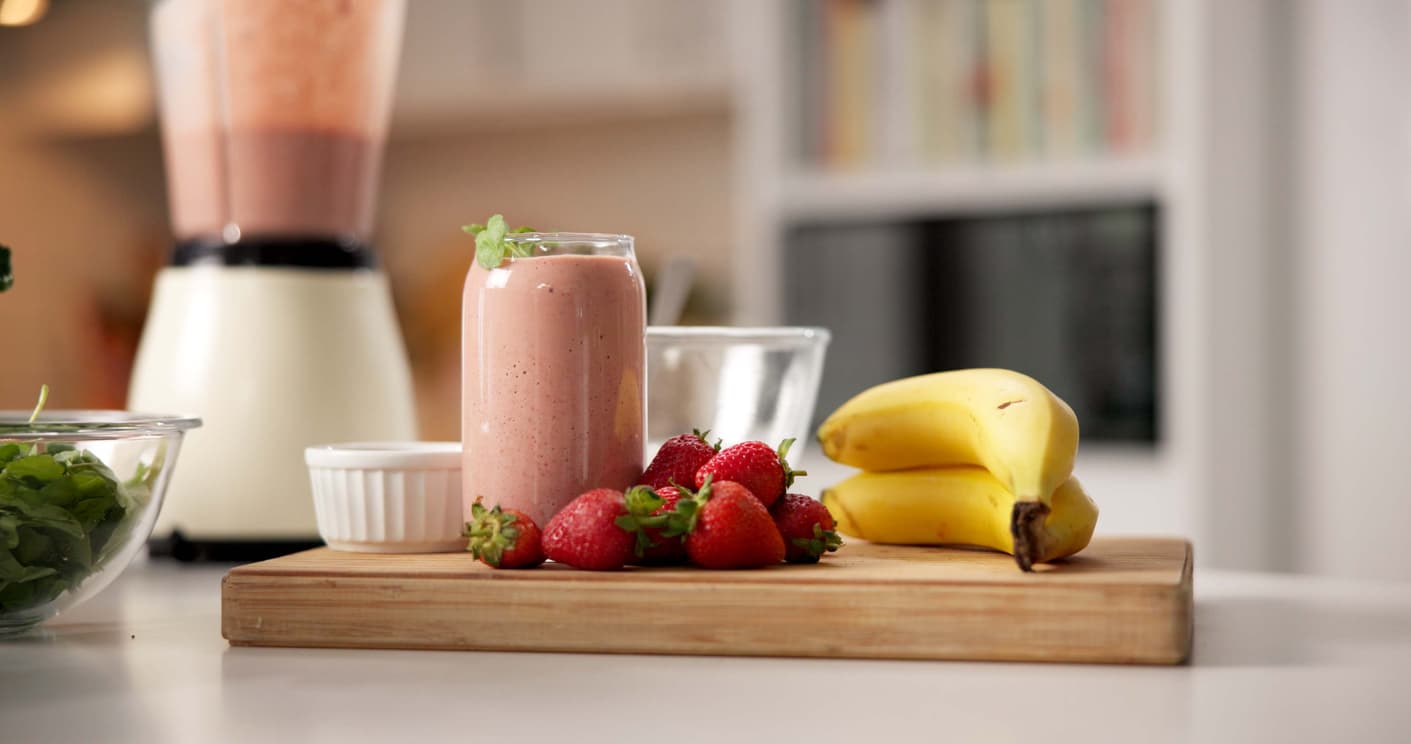When it comes to managing ADHD, medication and therapy often take centre stage. But growing research suggests that nutrition can also play a role in supporting brain health, energy levels and attention. While there are no official dietary guidelines specifically for ADHD, certain foods and nutrients may help ease symptoms while others can make them worse. This article explores what an ADHD-friendly diet looks like based on the latest evidence, and how small, consistent changes can support both mind and body.
Why Diet Matters in ADHD.
Food doesn’t cause ADHD, but nutrition can influence the way that symptoms show up. For example, blood sugar spikes from sugary or processed foods may make it harder to regulate focus and mood, while diets rich in fruits, vegetables, healthy fats and proteins may help balance attention and energy. A large population study in Sweden found that adults with more ADHD symptoms tended to have less healthy eating patterns, suggesting diet and ADHD are linked in complex ways.
What to Include in an ADHD-Friendly Diet.
Fruits and Vegetables.
Eating more fruit and vegetables is linked with improved attention in people with ADHD. They provide fibre, vitamins and minerals that support overall brain health. According to the NHS, people should aim for at least 5 portions (80g per portion) of fruit and veg a day. A portion can come in many different forms. For example, a portion usually equates to roughly two plums; an apple or banana, 1 slice of melon; 2 broccoli spears; or 8 cauliflower florets.
Complex Carbohydrates.
Unlike refined carbs, complex carbs are digested slowly, helping to avoid sharp rises and falls in blood sugar. This steadiness can support concentration. Good options include whole grains (brown rice, oats, quinoa, whole-wheat bread), beans and lentils, and fruits (such as apples, berries, and kiwis).
Protein-Rich Foods.
Protein can help regulate blood sugar and may also improve attention when included in breakfast. A study on students found that a protein-rich breakfast boosted mood and alertness. Include foods such as:
Eggs, lean meat, poultry
Fish, tofu, soy products
Dairy, nuts and seeds
Healthy Fats.
Omega-3 and omega-6 fatty acids are important for brain function. A review of clinical trials found they may improve hyperactivity, impulsivity and attention in ADHD. Sources of these fatty acids include fatty fish (like salmon, mackerel and tuna), walnuts, flaxseeds and chia seeds, avocados and olive oil.
Foods and Drinks to Limit.
Just as there are foods and drinks that should be included, there are also lots of foods and drinks that can compound ADHD symptoms. One of the most commonly discussed is sugary foods and drinks. While the evidence is mixed, some studies suggest that overconsumption of sugar can worsen hyperactivity and inattention. Refined carbs such as white bread, cakes, sweets and processed snacks also cause quick blood sugar spikes and dips, which can also worsen inattention or mood swings.
Similarly, a high intake of saturated and trans fats is linked with poorer memory and inattention in ADHD. Because of this, it can be useful for those with ADHD to avoid or limit:
Fried, fast foods
Processed meats
Butter, cream or high-fat dairy
For some people with ADHD, caffeine provides a short-term focus boost. For others, especially those on stimulant medication, it can worsen anxiety, irritability or sleep problems. It will be important for those with ADHD to monitor the effects of caffeine to see if you notice sleep disruption or jitters. If they’re present, then cutting back may help.
Key Vitamins and Minerals.
Supplements are not a replacement for medication or a balanced diet. However, in cases of deficiency, they may be useful. Always seek medical advice before starting supplements.
Iron: Deficiency may worsen ADHD symptoms; supplementation only helps if levels are low.
Zinc: Important for brain signalling. Benefits mainly seen in people with low zinc levels.
Magnesium: Low magnesium has been linked to more inattention and hyperactivity; supplementation may help if deficient.
Vitamin D: Deficiency is common and linked with inattention; supplementation may support ADHD symptoms.
Omega-3 fatty acids: May support attention and reduce impulsivity.
Putting It All Together.
An ADHD-friendly diet looks a lot like a healthy diet for anyone: plenty of fruits and vegetables, whole grains, lean proteins and healthy fats, with limited sugar and processed foods. The key difference is that for people with ADHD, these choices may directly impact focus, mood, and daily functioning. Change doesn’t have to happen overnight. Start small by, for example, swapping white bread for wholegrain, adding a portion of vegetables at lunch, or try including fish once or twice a week. Consistency matters more than perfection. And while diet alone won’t ‘treat’ ADHD, it can make a meaningful difference to how symptoms are managed day to day. Combined with medical care, therapy, and lifestyle strategies, nutrition is a powerful tool for building a healthier, more focused life with ADHD.



